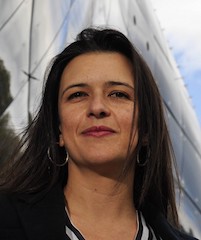We will explore to what extent the expressivist distinction between expressing that one is in a mental state and saying that one is in that mental state is compatible with (i) the expressivism about self-ascription of mental states developed by Bar-On and (ii) other possible applications of the expressivist hypothesis to the analysis of self-ascriptions of mental states. We will defend that committing to the idea that we can describe our beliefs goes against some of expressivism’s assumptions. Aim coordinated by Manuel de Pinedo.





